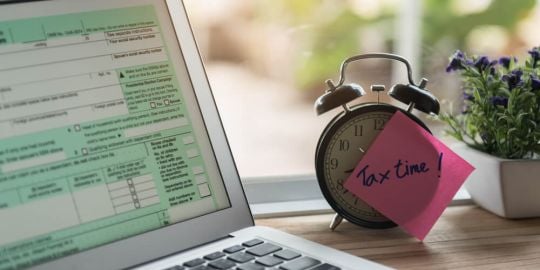I have a rollover IRA from my 401a (not 401k) that was funded by employment with the state of Alaska.
It now is a rollover account at a private company (Vanguard). I'm not sure how to prove the 401a source of the rollover IRA but am working on it. The transfer took place over 20 years ago so records have been lost during multiple moves during that time period...
This is my largest source of retirement income.
Because it was funded from work by the state are the disbursements of the fund exempt as a public pension?
From what I have read my pension from the state (which is separate and in addition to the IRA) is exempt from Spain taxes though the amount is applied to my income to determine my tax bracket.
With respect to social security: I have read that portion of social security from government employment is also exempt. I have a mix of public (US government) and private company contributions. How is that determined?
With respect to Roth...I assume taxes are applied only on distribution s. My Roth is decades old, how do they divide the distribution between principle and div/int/cap gains.
It's terribly difficult to get a straight answer on these questions.
I will be consulting with an advisor in the near future and will share their thoughts. In the meantime if anyone has direct experience or knowledge I would appreciate it.
I'm working on it
Thanks in advance








